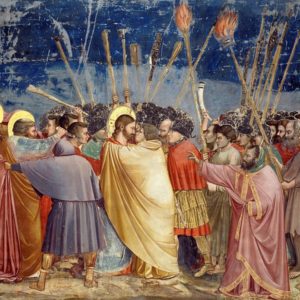In Mark 8:14-21, he says that the Apostles are in the boat with “one loaf,” yet they then protest that they have no bread. How can both of these details be true, and what is meant by the “One Loaf” in the bread with the Apostles?
Tag: Bible
Catholic and Protestant Bibles, 101
Why do Catholics and Protestants have different Bibles, and how are they different? There’s a lot of misinformation out there, so let me give a basic primer. This isn’t so much looking to convince anyone as just to establish some of the basic facts. So here are 19 points about how we ended up with two different Bibles. I don’t believe that there’s anything in here to which a well-informed Protestant could object…
John the Baptist and Protestant Baptisms
Protestants tend to view Baptism as a symbol that doesn’t actually do anything, whereas Catholics view Baptism as a Sacrament that truly saves us. Strangely, both sides are right… it just depends upon which Baptisms we’re referring to.
The Immaculate Conception: A Gift for You
One of the tragedies of the Protestant Reformation is that it resulted in a lot of Protestants squeamish about talking about the Virgin Mary, and a lot of Catholics squeamish about talking about grace and predestination (in both cases, out of a fear of the other side’s perceived excesses). In reality, if you want to know what God’s predestination looks like, look to the Virgin Mary. And you can’t understand Mary without understanding predestination.
A House of Prayer for All People
Why do Catholics call their Church the “Catholic” Church? Why not just call it the Christian Church? Is the Catholicity of the Church important? Is it Biblical? What does it even mean to say that the Church is “Catholic”?
Reformation Day Ironies, 500th Anniversary Edition
This year, in commemoration of the 500th anniversary of the Reformation, I’ve decided to do another round of “Reformation Day Ironies.” This year’s theme is “Luther against the Reformation,” looking at the various ways that Martin Luther spoke against the Reformation he helped to spark, including what he had to say on the papacy, teaching authority, and schism.
In Defense of Exaggerated Marian Devotion
Protestants aren’t the only ones who find Catholic devotion to Mary a bit over-the-top sometimes. A lot of Catholics find other Catholics, including great Saints like Alphonsus Liguori and Louis de Montfort, to be a little “much” when talking about the Virgin Mary. I get it. Take the Salve Regina, for example: it calls Mary “Our Life, Our Sweetness, and Our Hope.” How is that kind of effusive flattery theologically defensible? After all, Our Life and our Hope is Jesus Christ.
Is Salvation Our Doing, or God’s?
What percentage of our salvation is our doing, and what percentage of it is God’s doing? This is a common way of approaching the question of salvation, and it’s a driving force for a lot of bad theology. For example, Steven J. Cole claims that Roman Catholicism “teaches that in order to gain enough merit for salvation, we must add our good works to what Christ did on the cross.” That’s a common misunderstanding: since Catholics believe human cooperation is necessary, that must mean we’re reducing God’s credit from 100% to something lower, right? And it’s ultimately for this reason that Martin Luther and later Protestants (most famously Calvinists) will argue that man’s free will in the realm of salvation is basically an illusion: we provide 0% to salvation. Why? To ensure that God gets 100%.
Christianity: A Bargain That Will Cost You Everything
Sometimes, when we talk about Christianity, we present it as a great deal. “My yoke is easy, and my burden is light,” Jesus says (Matthew 11:30). But other times, it sounds like Christianity is costly. Remember that Jesus also says “he who does not take his cross and follow me is not worthy of me” (Matthew 10:38). So which view is right? Both of them. Here’s are two parables that Jesus gives that explain that apparent contradiction.
4 Things We Can Learn from the Apostle Judas
This Holy Week (and especially today, “Spy Wednesday”), it’s worth taking a closer look at the Apostle Judas Iscariot. Here are four things that we can learn from him.

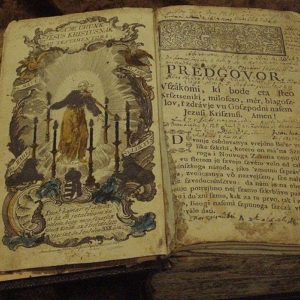

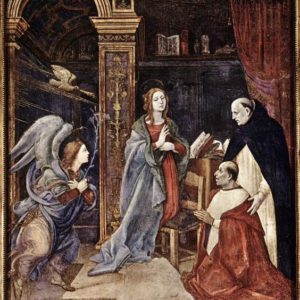

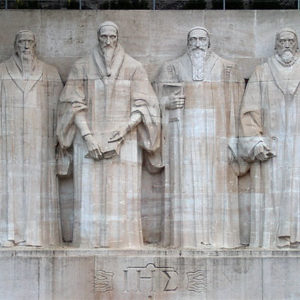
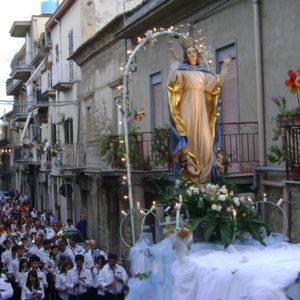
![Michelangelo, Creation of Adam (1512) [from the Sistine Chapel ceiling]](http://shamelesspopery.com/media/2017/09/Adams_Creation_Sistine_Chapel_ceiling_by_Michelangelo_JBU33-300x300.jpg)
